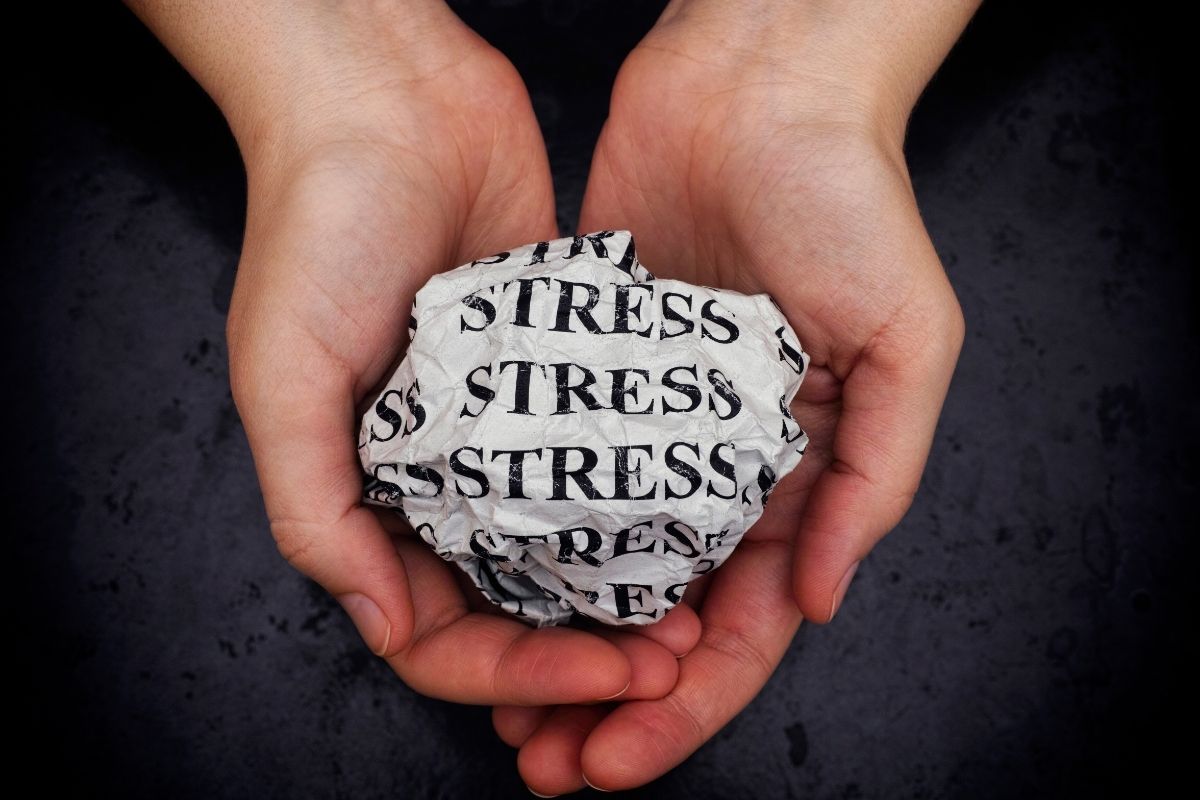How To Break The Cycle Of Health Anxiety

Breaking Free from the Health Anxiety Spiral: Your Guide to Reclaiming Your Life
Ever find yourself in a constant state of panic about your health? You’re not alone! Health anxiety, or as the docs call it, somatic symptom disorder (goodbye, outdated term “hypochondria”), can turn your life into a never-ending medical drama. It’s like being stuck in a Grey’s Anatomy episode, minus the hot doctors!
This isn’t just about being a worry-wart. Health anxiety is a real deal condition that can pop up now and then or stick around like that one relative who overstays their welcome at family gatherings.
But hey, kudos to you for seeking info! You’ve already taken the first step on your journey to kick health anxiety to the curb. Let’s dive into some strategies to help you break free from this mental merry-go-round.
Unmasking the Culprit: What’s Behind Your Health Anxiety?
First things first, let’s play detective and figure out what’s causing your health anxiety. It’s like finding the source of a leaky pipe – once you know where it’s coming from, you can start fixing it.
Health anxiety often pops up after some pretty heavy stuff:
– A personal health scare (like that time you thought your heartburn was a heart attack)
– Watching a loved one go through a health crisis
– A past injury that left more than just physical scars
– Losing someone close to you
– Sometimes, it’s just part of the bigger OCD package
Any of these ring a bell? Maybe it’s a combo platter of reasons. Whatever it is, knowing your anxiety’s origin story is your first step to becoming the superhero of your own mental health.
Spot Those Sneaky Triggers
Now, let’s talk triggers. These are the things that set off your health anxiety alarm. Think back to your anxiety episodes – what lit the fuse?
Could be:
– Feeling a new twinge or ache
– Certain foods (is that stomachache food poisoning or just last night’s spicy tacos?)
– Activities that seem risky (like that one time you thought you’d die on the treadmill)
– Public spaces (germs, germs everywhere!)
– Even everyday stuff like leaving the house or touching doorknobs
Jot these down. Also, note how your body reacts. Does your heart race? Hands get sweaty? Stomach do somersaults? Knowing your body’s anxiety dance moves helps you recognize when it’s happening.
Become a Health Detective (Without the Trench Coat)
Often, health anxiety goes into overdrive because we don’t really understand what’s going on in our bodies. Time to hit the books (or, let’s be real, WebMD) and learn about the illnesses that freak you out.
Here’s the thing: many symptoms that send us into a panic are actually pretty common and harmless. By educating yourself, you can start to separate the “oh, that’s normal” from the “maybe I should get that checked out.”
If Dr. Google is making things worse, chat with a real healthcare pro. They can give you the lowdown on what symptoms are worth worrying about and which ones are just your body being… well, a body.
The Great Distraction: Redirect Your Brain
When you feel anxiety creeping in, it’s time to play a little game of mental hot potato. Recognize the anxiety, remind yourself it’s probably irrational, then toss your attention to something else.
Try:
– Diving into a hobby (knitting, anyone?)
– Tackling some chores (who knew doing laundry could be therapeutic?)
– Mental gymnastics (Sudoku, crosswords, or even counting backwards from 100)
– Getting your body moving (walk, jog, or dance like nobody’s watching)
– Flexing your creative muscles (write, draw, or belt out some tunes)
Find what works for you and make it your go-to anxiety buster.
Face Your Fears (But Start Small)
Time to channel your inner superhero and face those anxiety-inducing situations. But remember, even Superman started with leaping tall buildings, not planets.
Start small:
– If germs freak you out, try touching a doorknob without immediately bathing in hand sanitizer
– Scared of the gym? Start with a short walk around the block
– Worried about eating out? Begin with a trusted restaurant
Each small victory is a step towards kicking health anxiety’s butt. And hey, if you need backup, bring a friend along for moral support.
Cognitive Behavioral Therapy: Your Mental Gym
If DIY methods aren’t cutting it, it might be time to call in the pros. Cognitive Behavioral Therapy (CBT) is like a workout plan for your brain, helping you rewire those anxious thought patterns.
CBT isn’t just lying on a couch talking about your childhood. It’s active, involving:
– Learning about how your thoughts affect your feelings and behaviors
– Challenging those pesky irrational thoughts
– Practicing new ways of thinking and reacting
Many people find CBT super helpful in breaking free from the health anxiety cycle. It’s like having a personal trainer for your mind!
Wrapping It Up: You’ve Got This!
Living with health anxiety can feel like you’re constantly waiting for the other shoe to drop. But here’s the good news: it doesn’t have to be a life sentence.
Remember:
– Figure out what’s causing your anxiety
– Know your triggers
– Educate yourself (but maybe ease up on the late-night WebMD sessions)
– Distract yourself when anxiety hits
– Face your fears, one baby step at a time
– Consider professional help if you need it
If health anxiety is turning your life into a medical drama, don’t be afraid to reach out for help. Talk to a friend, family member, or a mental health pro.
You’ve already taken the first step by seeking information. Now, armed with these strategies, you’re ready to start breaking free from the health anxiety cycle. It’s time to change the channel from medical drama to your own success story!

Author: Michelle Landeros, LMFT
Michelle Landeros is a Licensed Marriage Family Therapist (LMFT). She is passionate about helping individuals, couples and families thrive.







